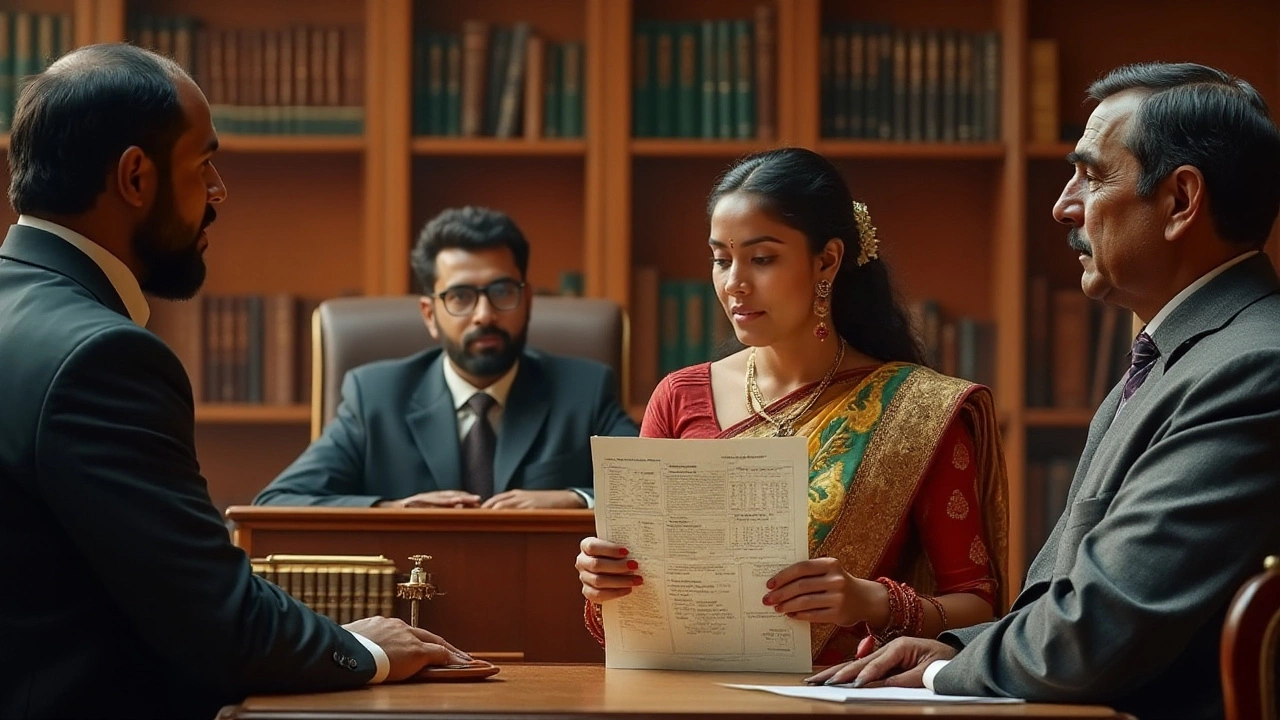Divorce Property Rights in India – Your Quick Guide
Going through a divorce is stressful enough, but worrying about who gets what can make it unbearable. In India, the law tries to split marital property fairly, but the actual outcome depends on many factors. This guide breaks down the basics, so you know what to expect and how to protect your share.
How Property Is Divided in Divorce
First, understand that not every asset belongs to both spouses. Courts look at three main things:
1. Date of acquisition – Anything bought before marriage is usually your own.
2. Source of funds – If you used personal savings or inheritance, it stays with you.
3. Contribution – Both financial and non‑financial contributions (like taking care of kids) matter.
The Hindu Marriage Act, Special Marriage Act, and other personal laws give judges a lot of discretion. They often aim for a 50‑50 split of assets acquired during marriage, but they can adjust the share if one spouse has a stronger claim. Real‑estate, bank accounts, investments, and even family‑owned businesses fall under this net.
Remember, debts are also part of the equation. If you both signed a loan, the court may ask each of you to pay a portion, depending on who benefited from the money.
Protecting Your Rights During the Process
Start by gathering every document that proves ownership: property deeds, bank statements, loan agreements, and gift letters. Having clear records makes it harder for the other side to claim more than they're entitled to.
Consider mediation before heading to court. Many couples settle property disputes faster and cheaper through a neutral mediator. If you reach an agreement, get it written and filed with the court to make it legally binding.
If mediation fails, hire a family lawyer who knows the local courts. A good lawyer will spot hidden assets, challenge unfair claims, and help you navigate the paperwork. Don’t ignore tax implications—selling a house or transferring assets can trigger capital gains tax, so plan with a tax expert too.
Finally, keep communication calm and focused on facts. Emotions run high, but courts reward clear, documented evidence over heated arguments. By staying organized and seeking professional help, you give yourself the best chance at a fair split.
Divorce property rights can feel like a maze, but with the right steps, you can protect what’s yours. Use this guide as a checklist, and you’ll move through the process with confidence.
Understanding Property Rights in Indian Divorce: What Spouses Need to Know
In India, the division of property after divorce is a significant concern for many spouses. This article delves into the nuances of Indian law regarding property rights during divorce proceedings. It explains how property is traditionally divided, the role of different matrimonial property regimes, and potential legal reforms. Additionally, it provides tips for negotiating a fair settlement and protecting one's financial interests.
